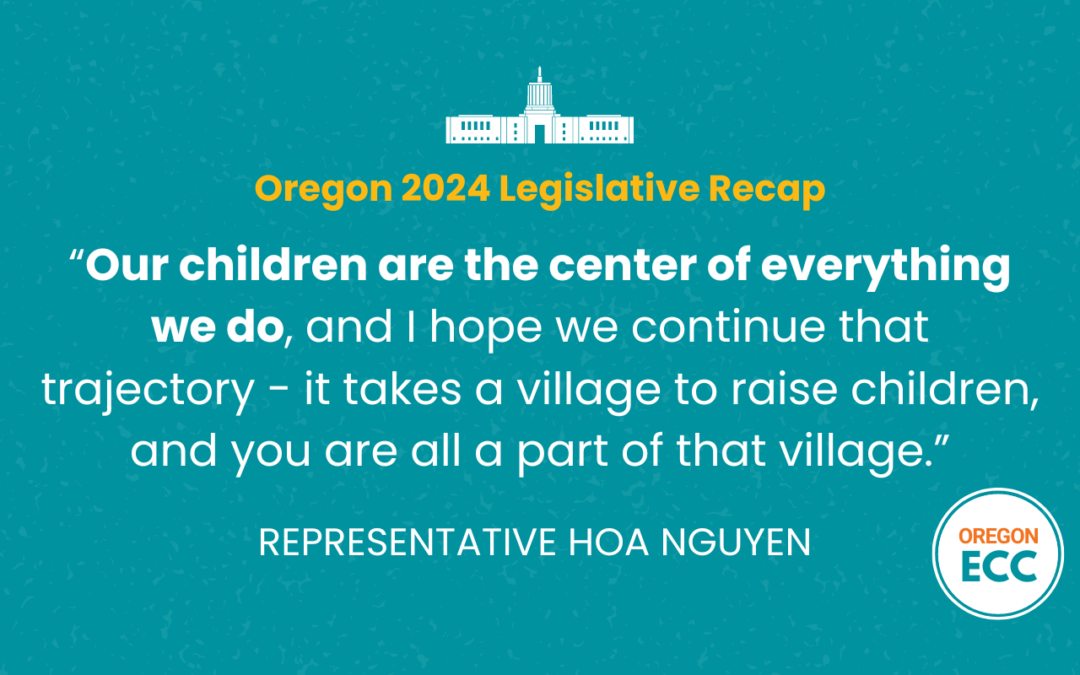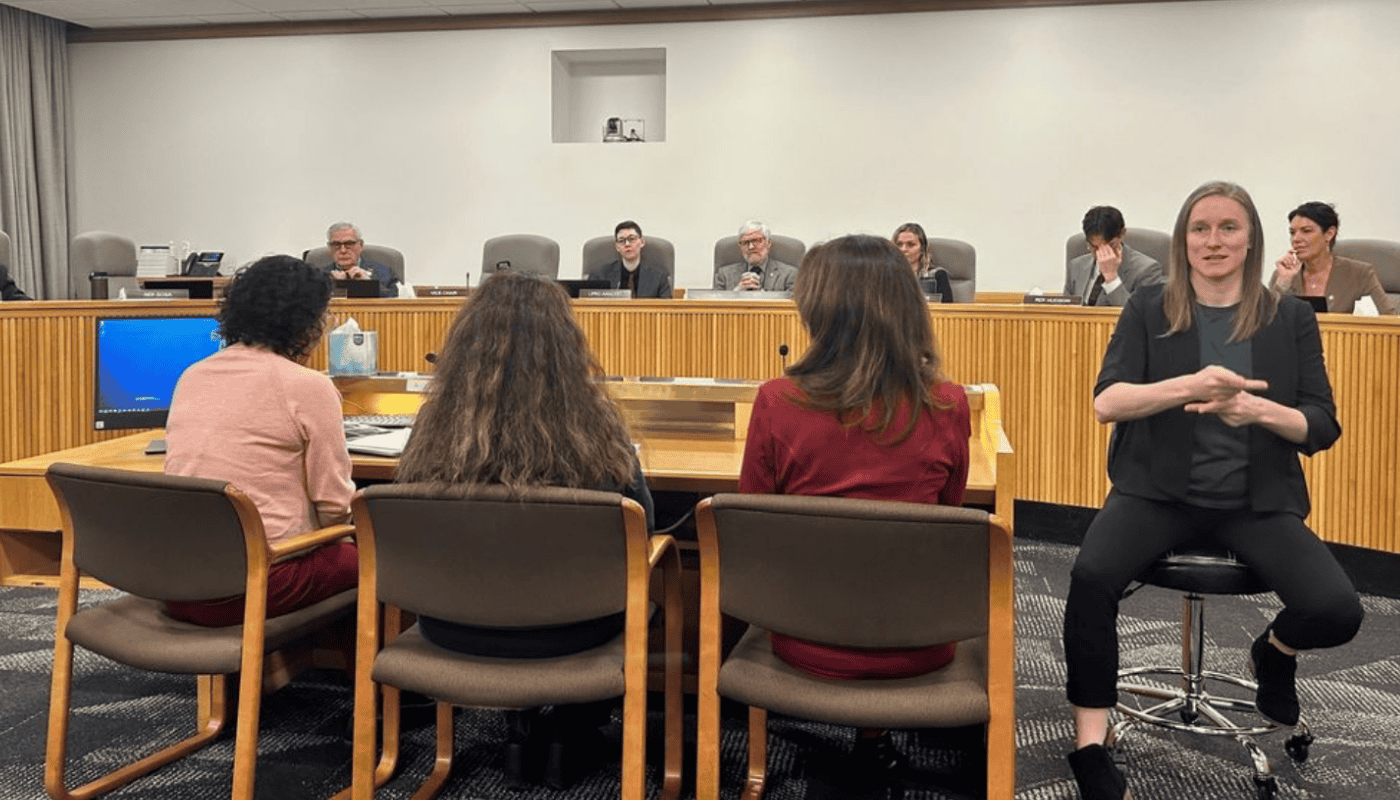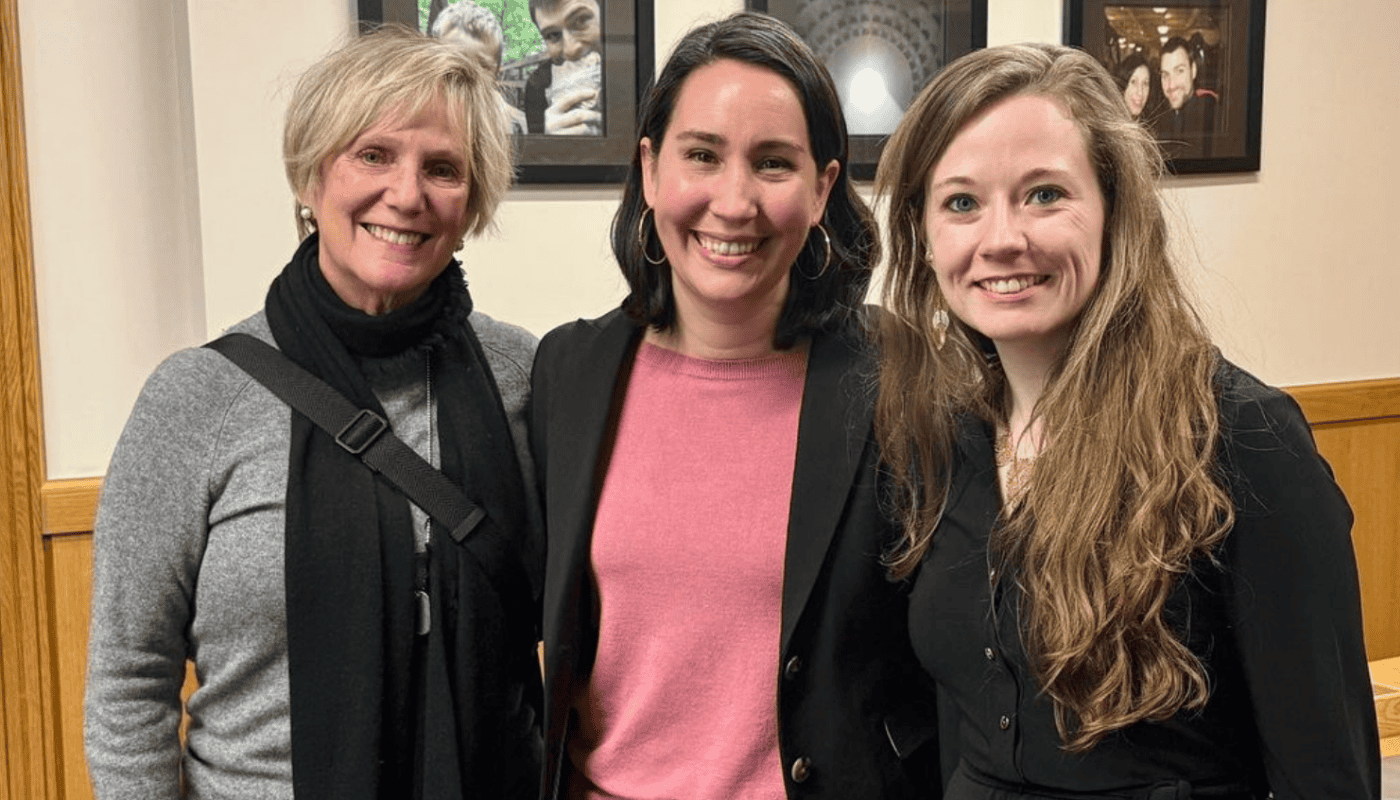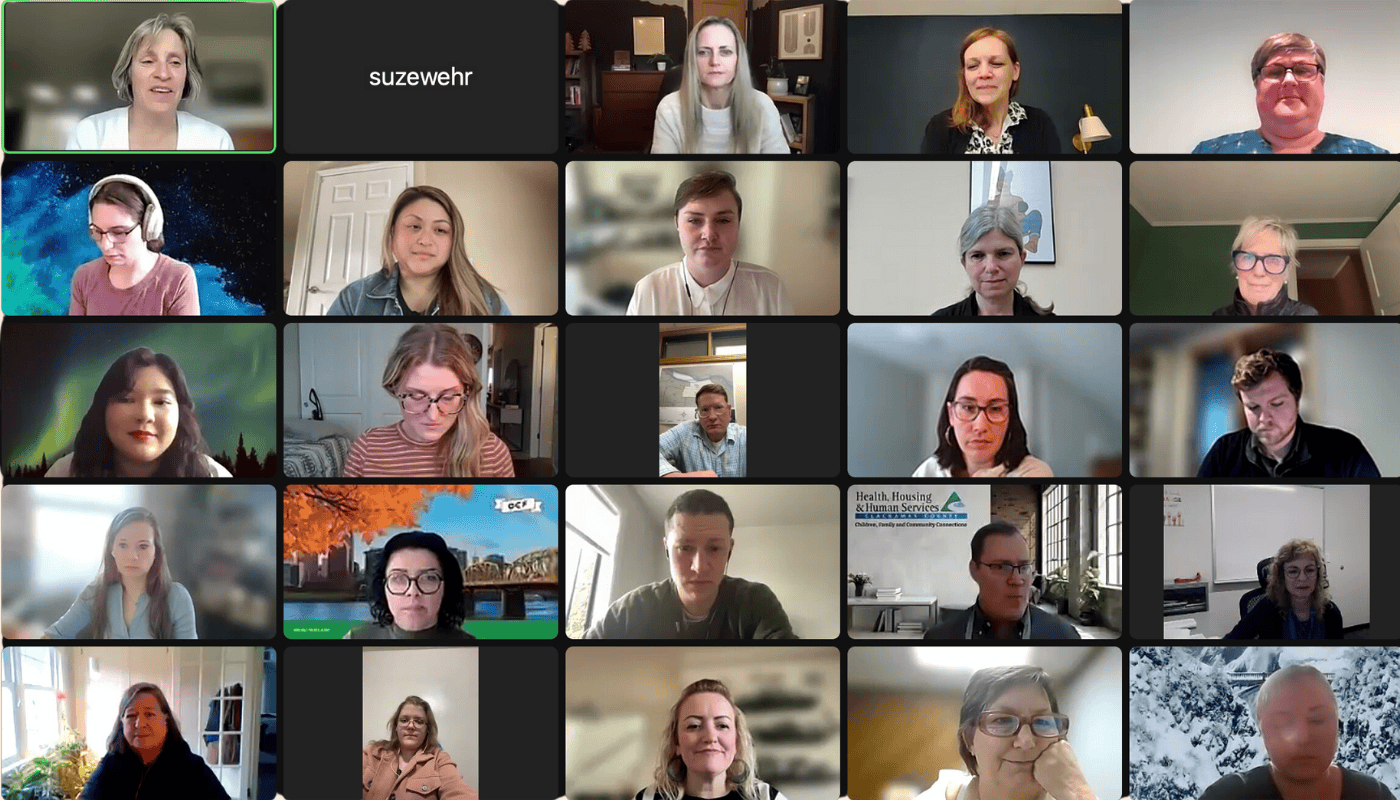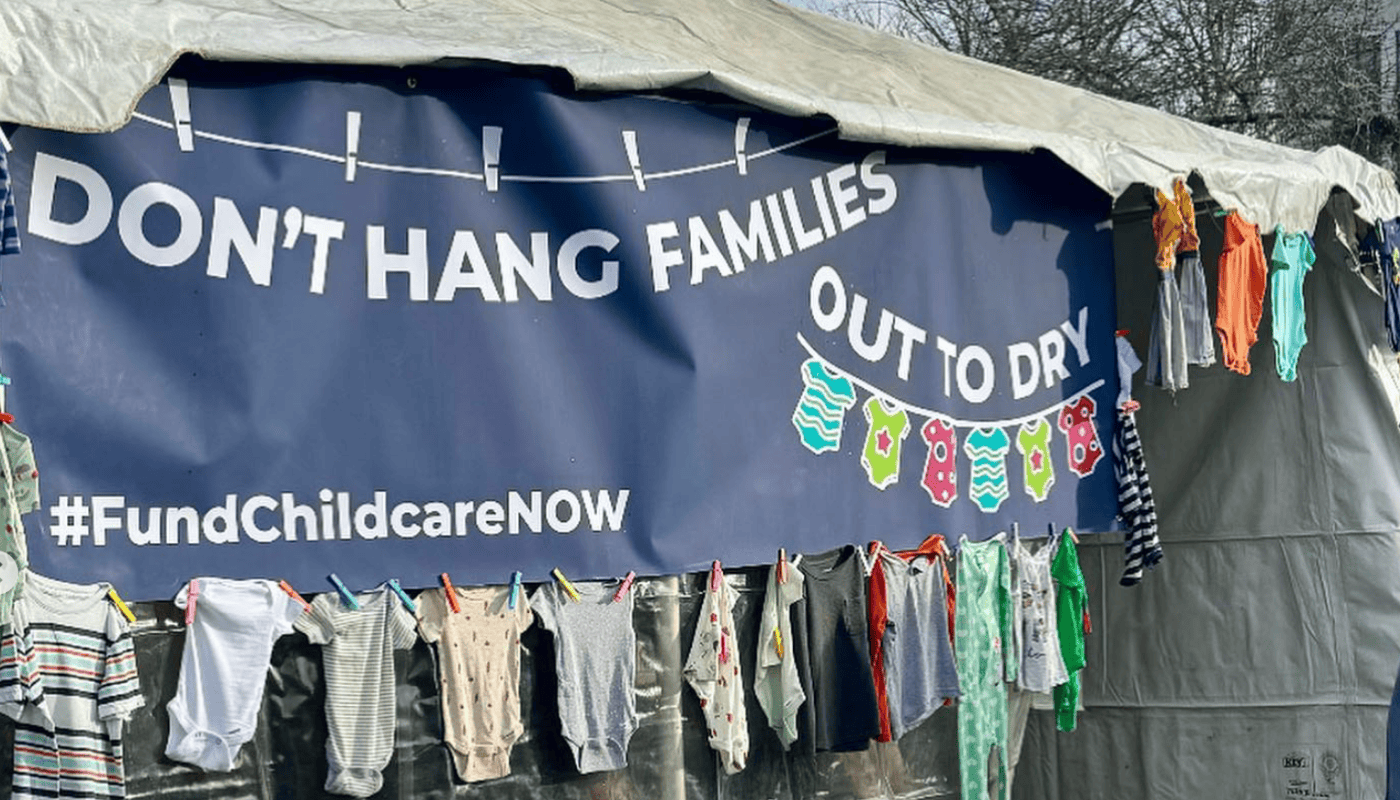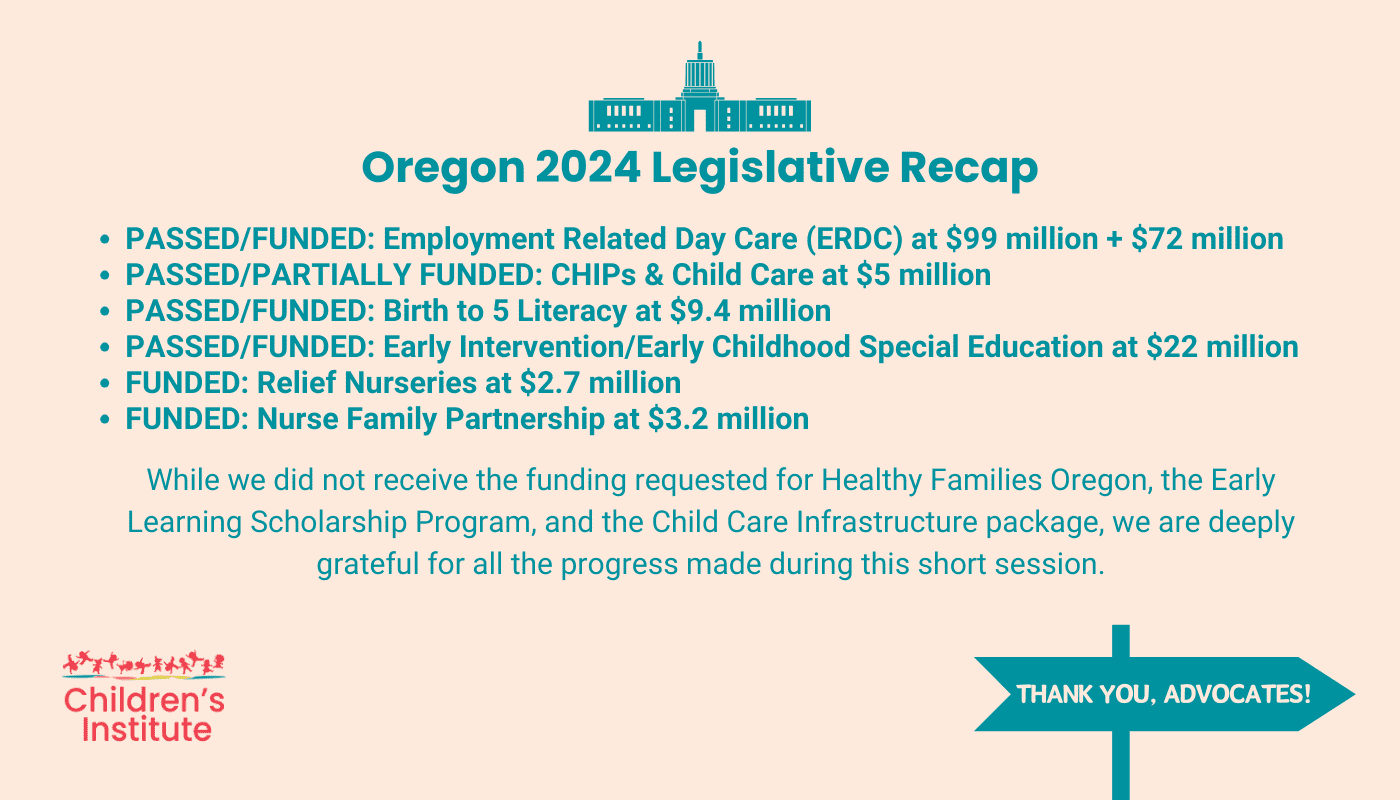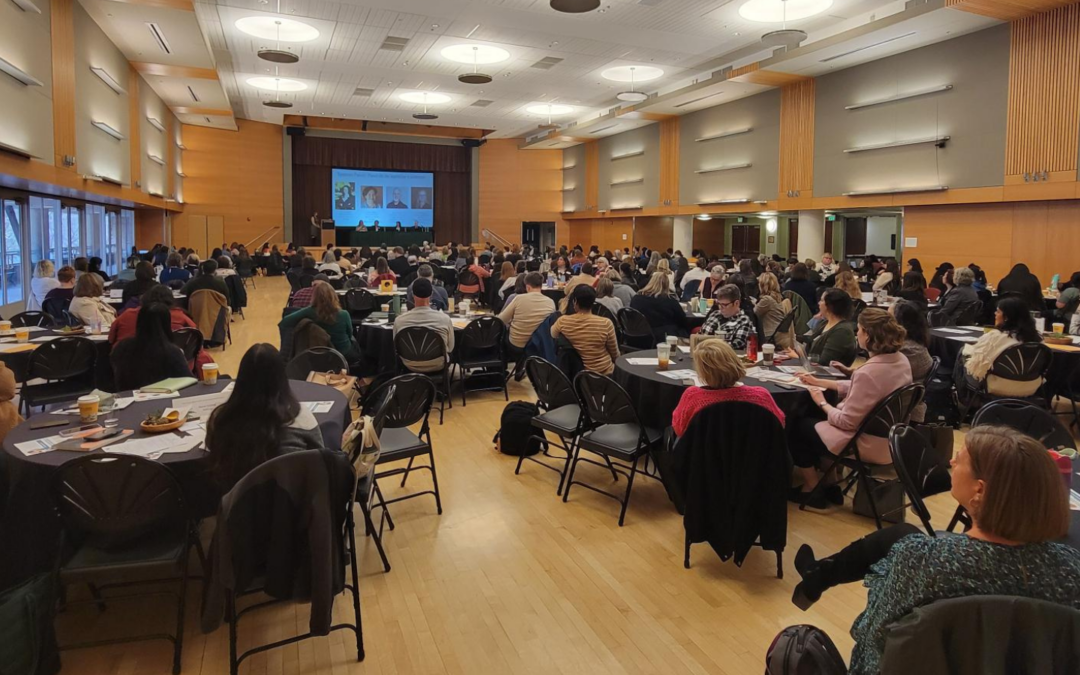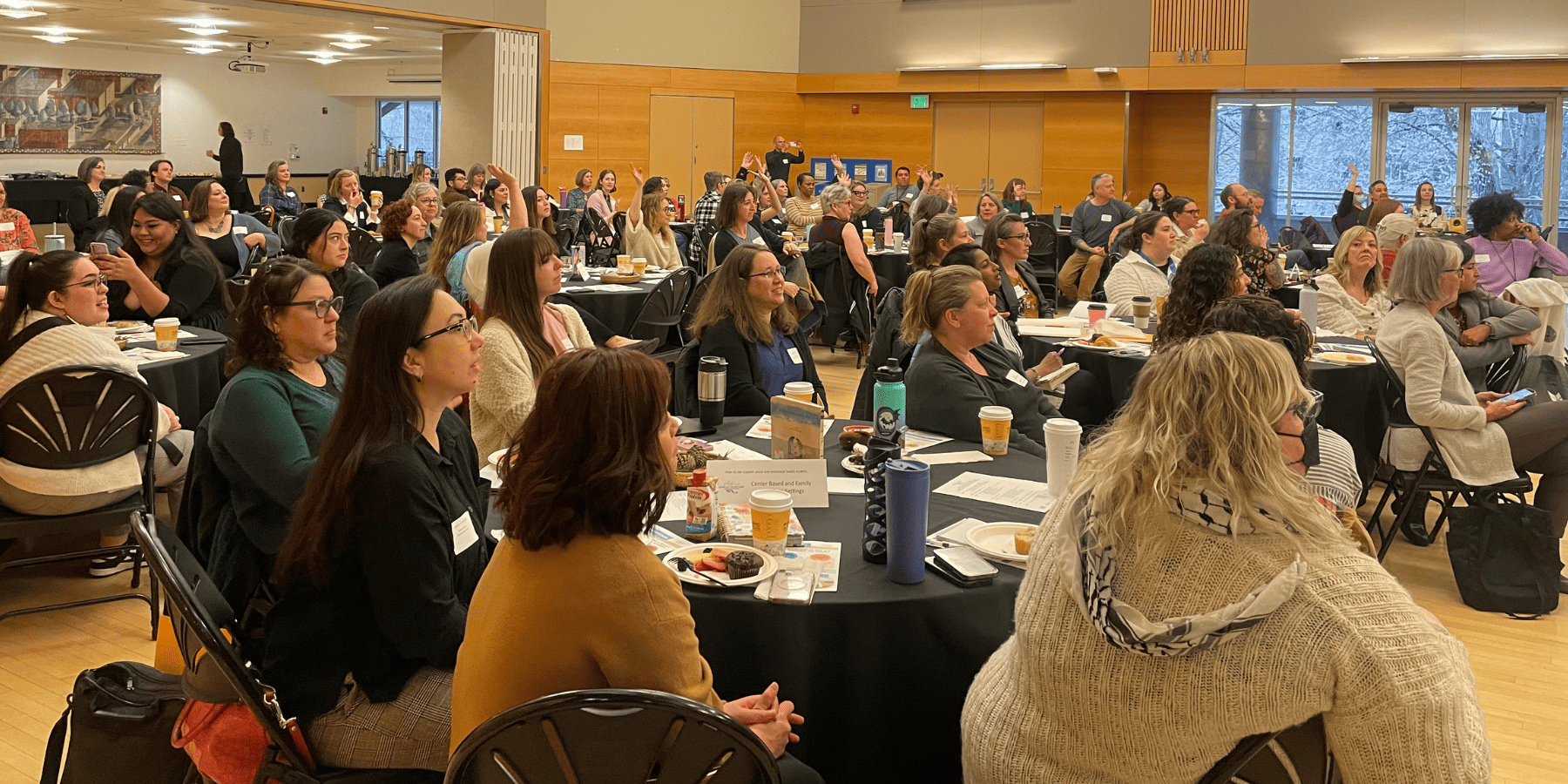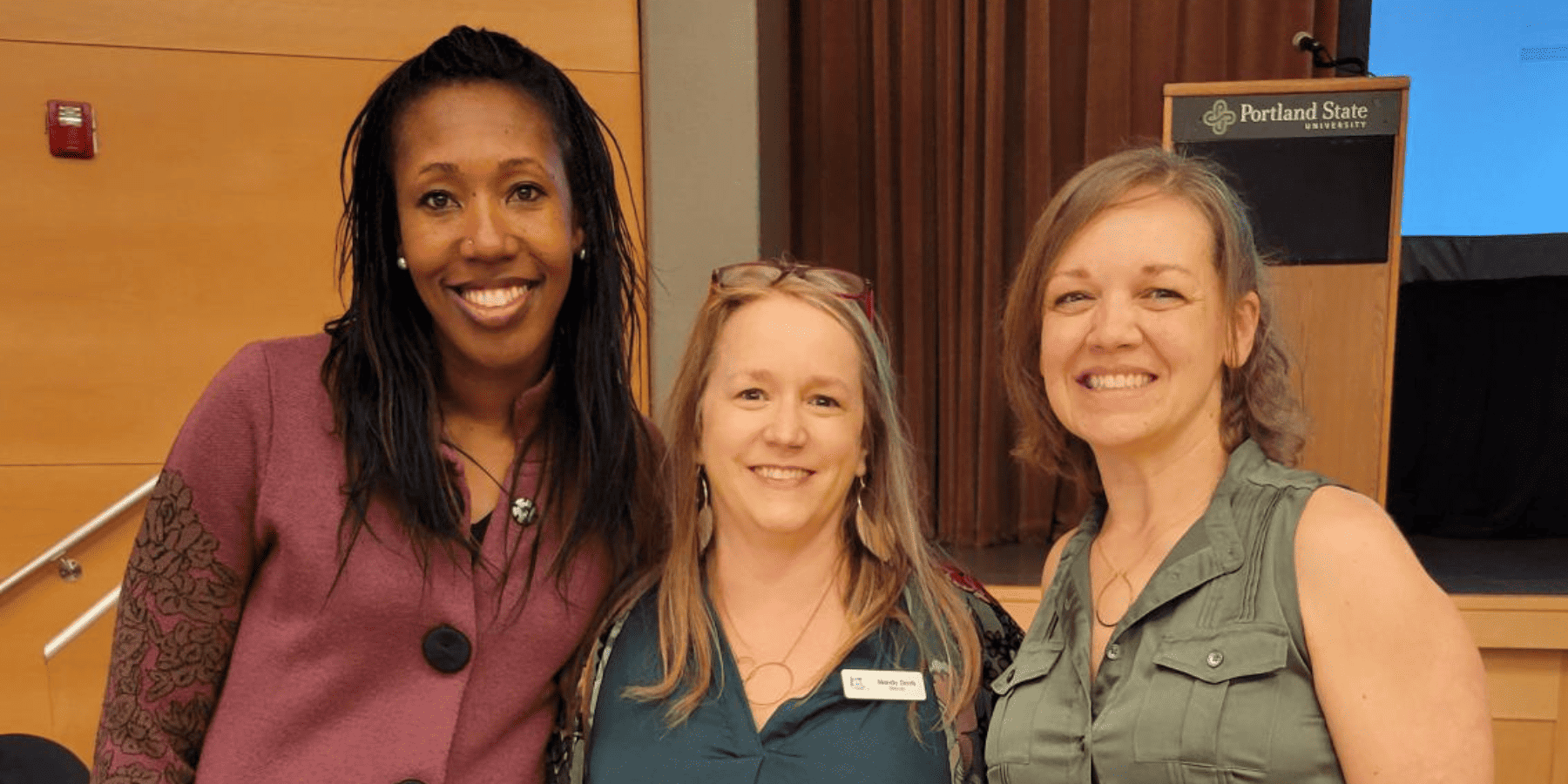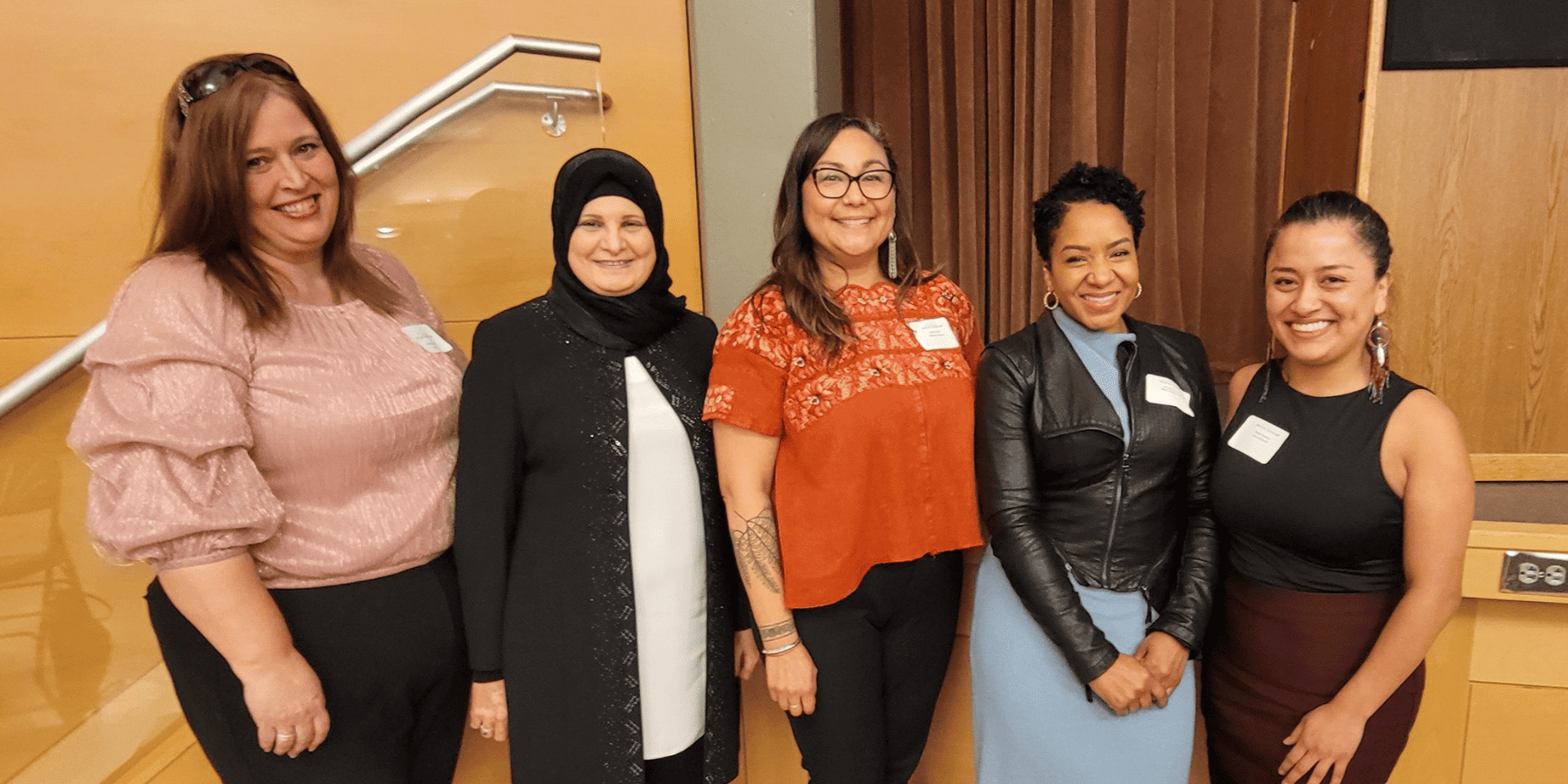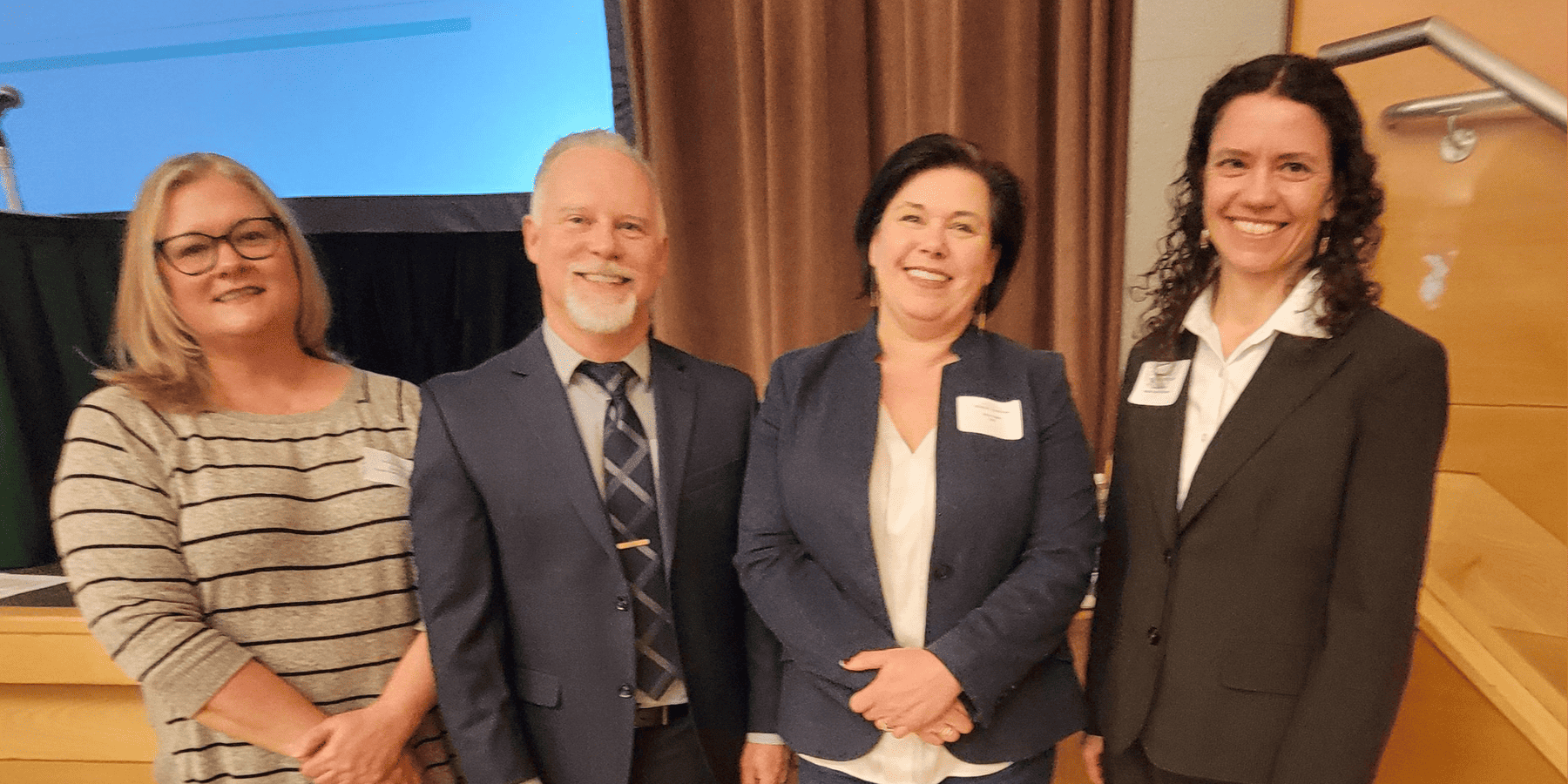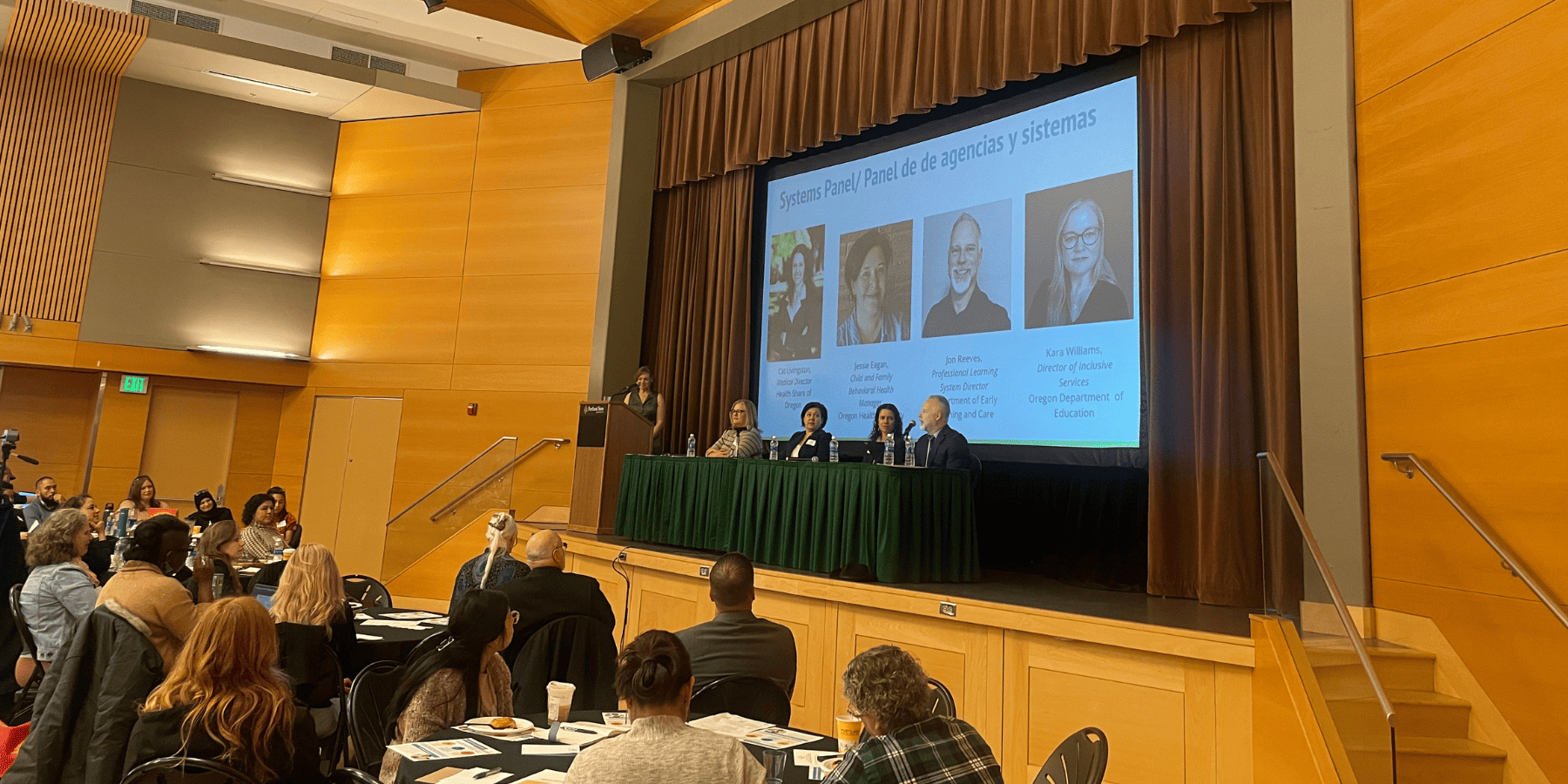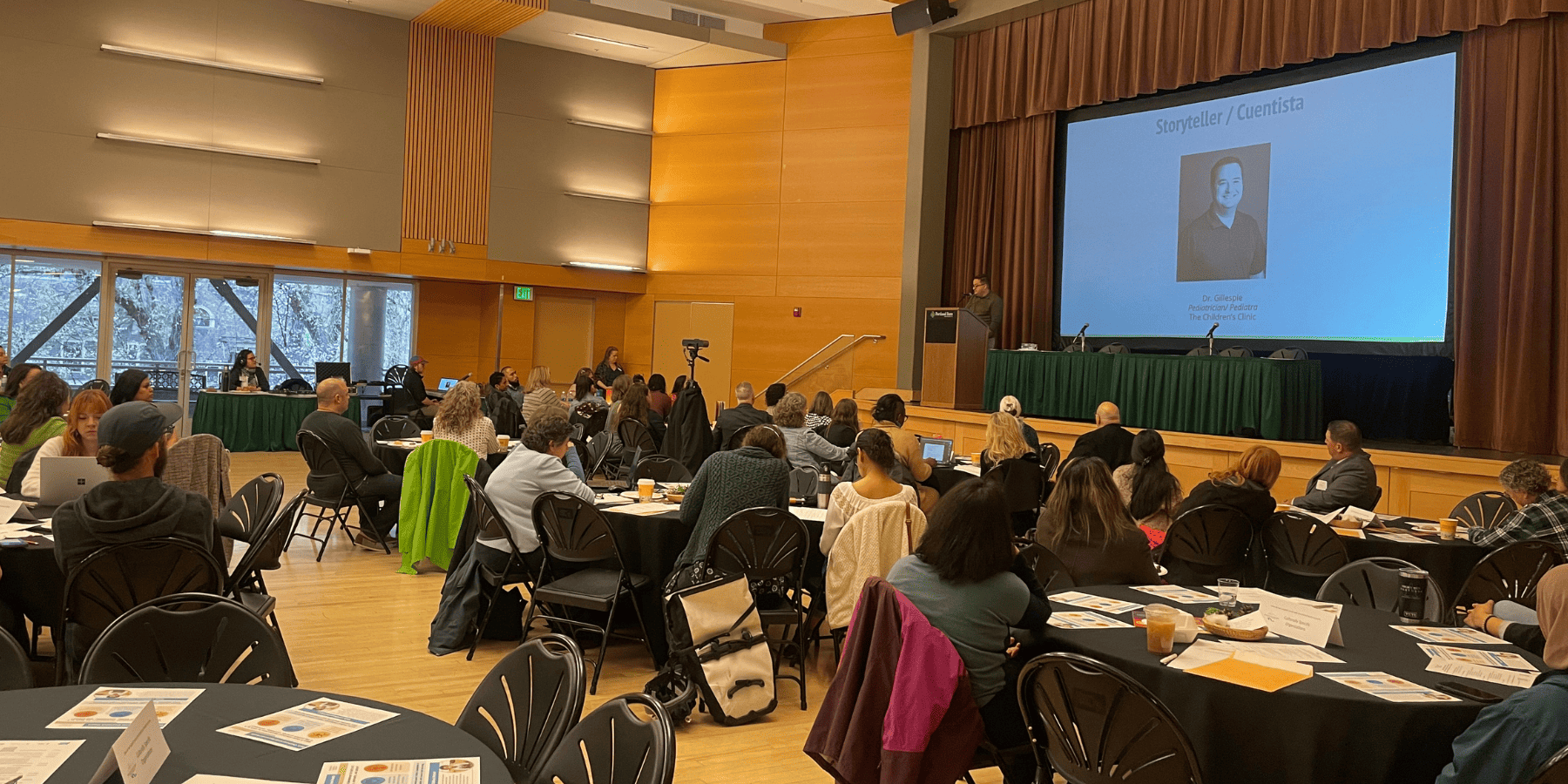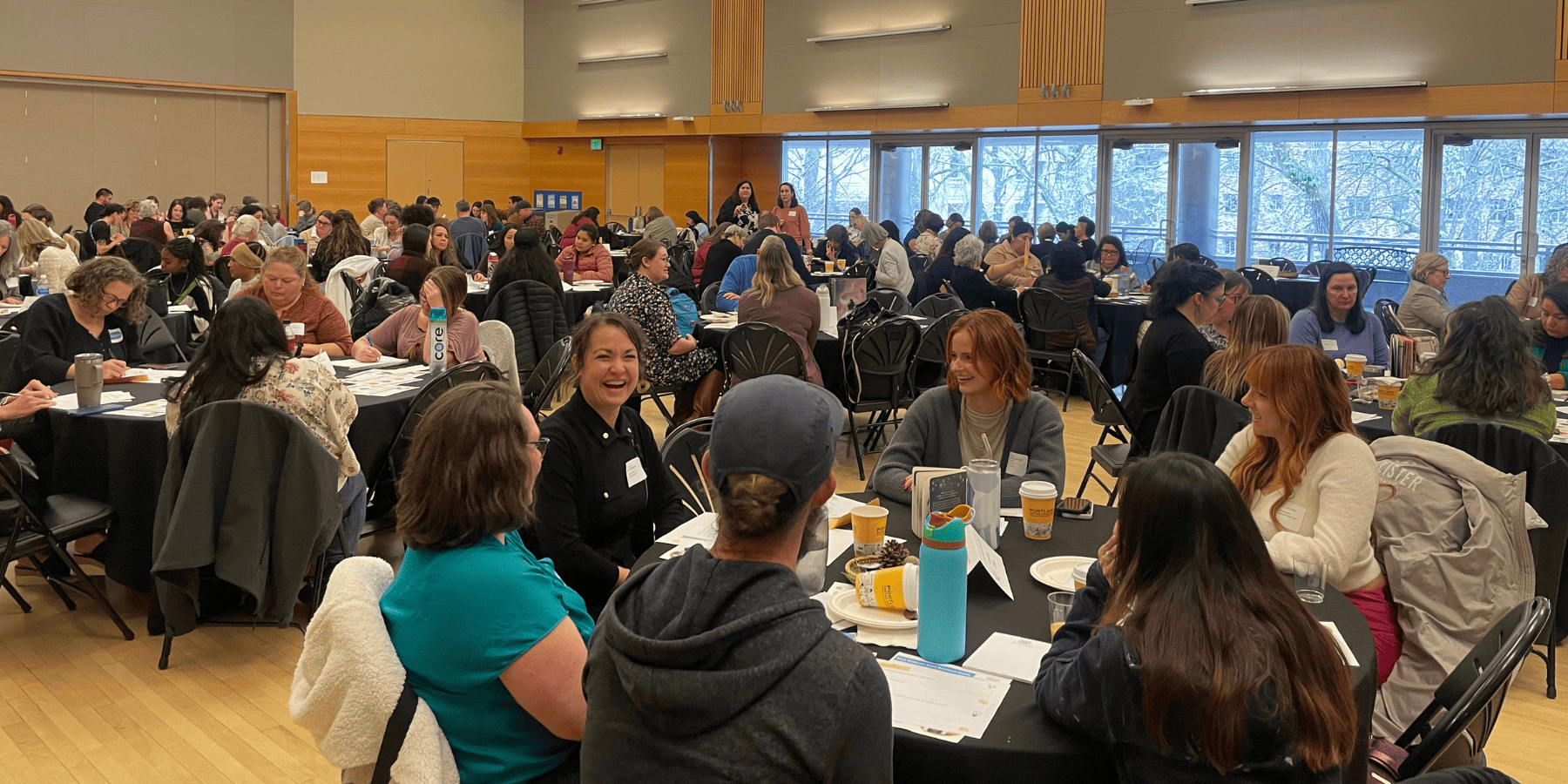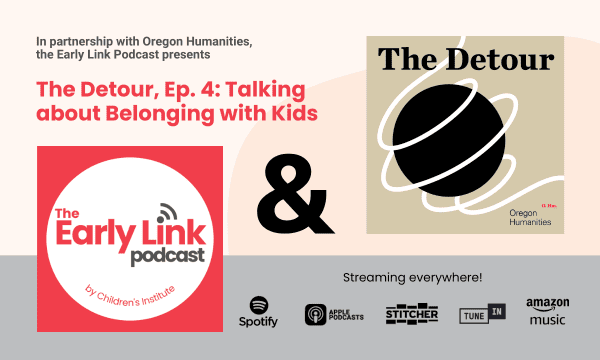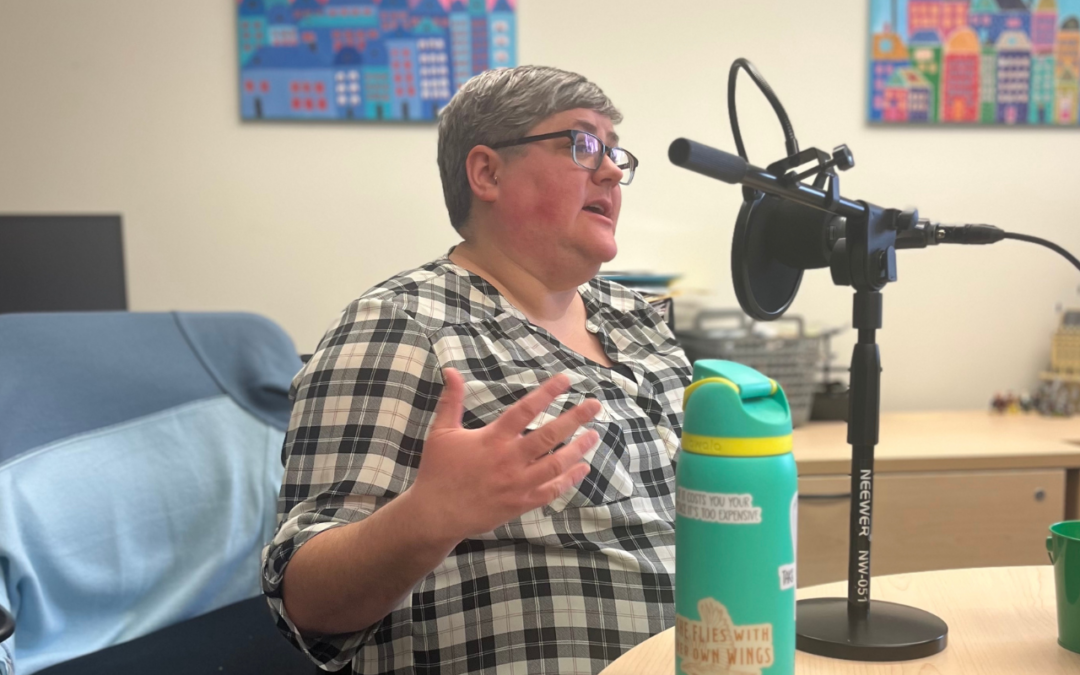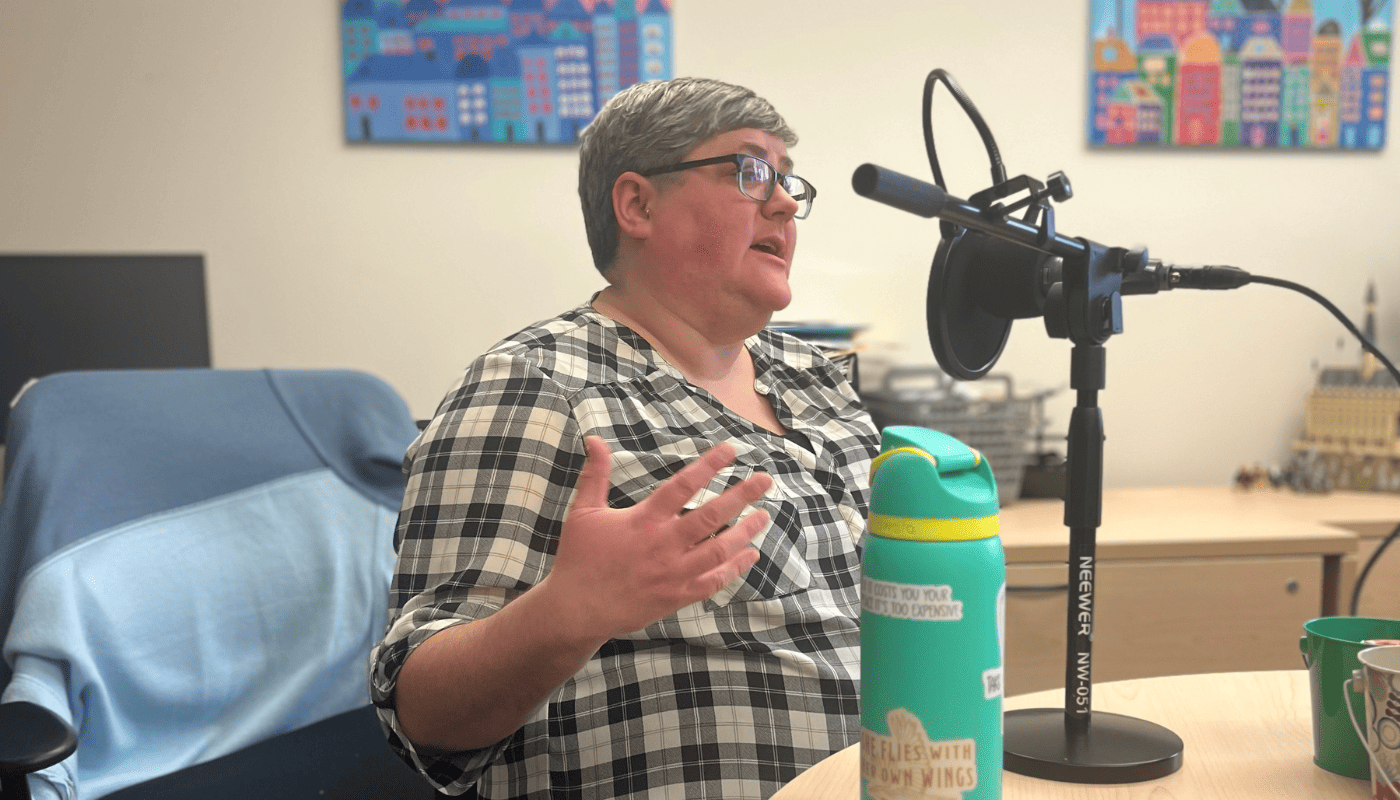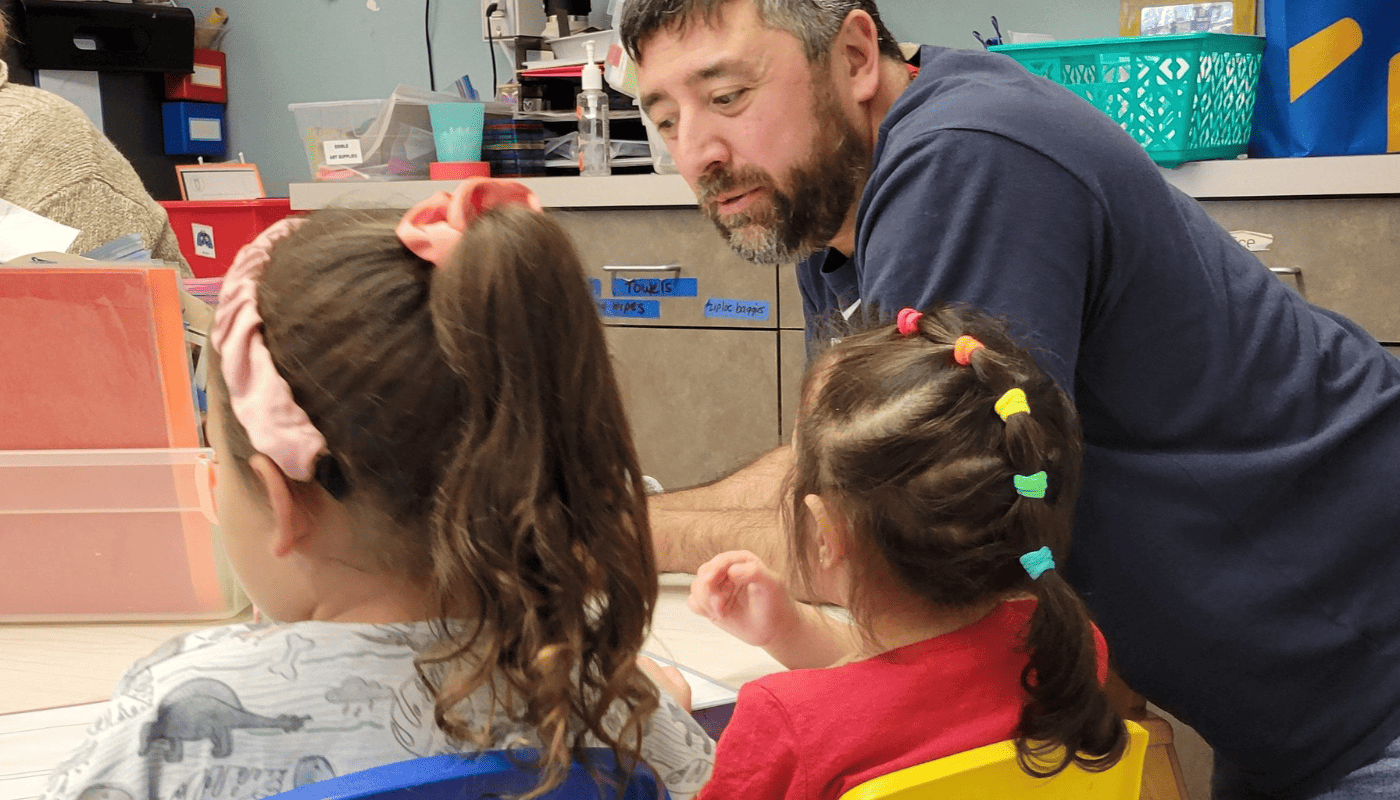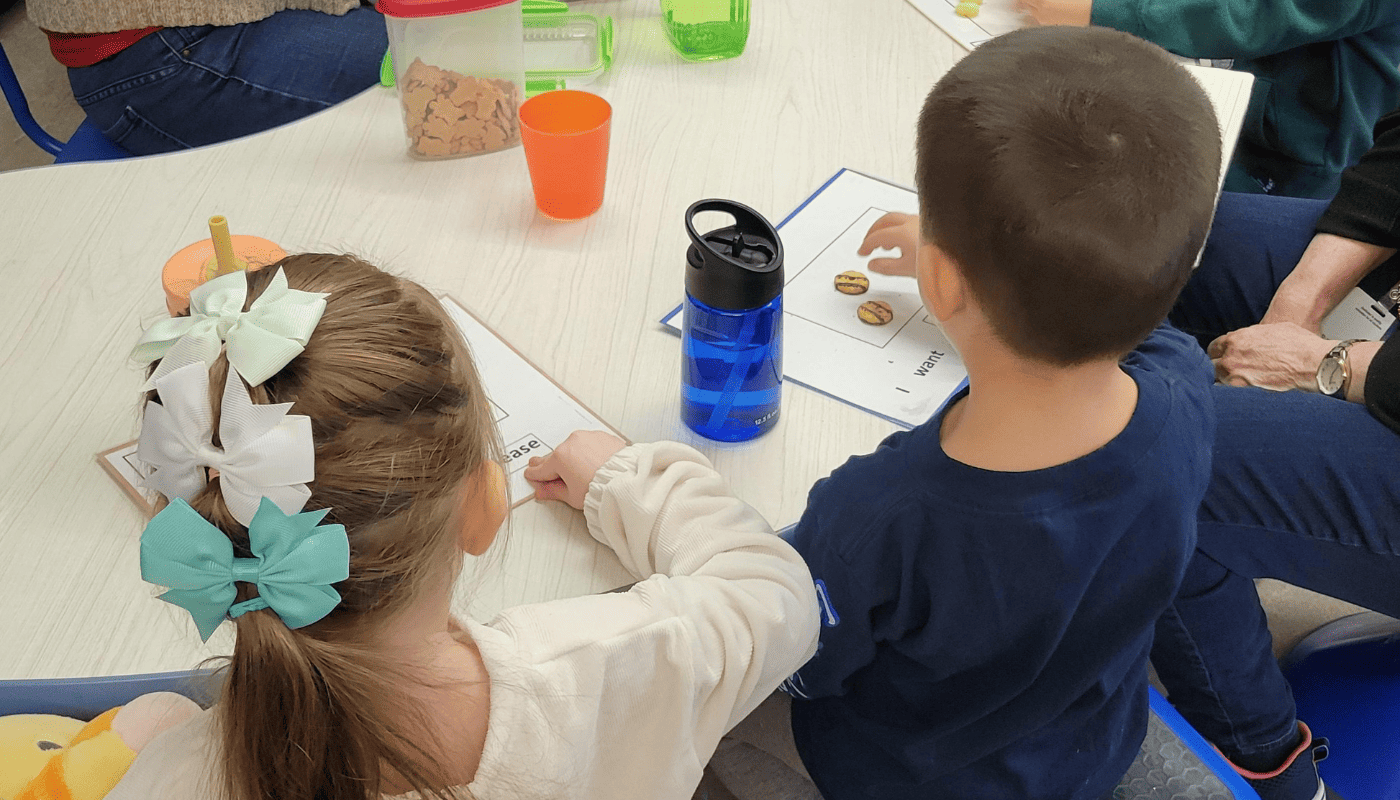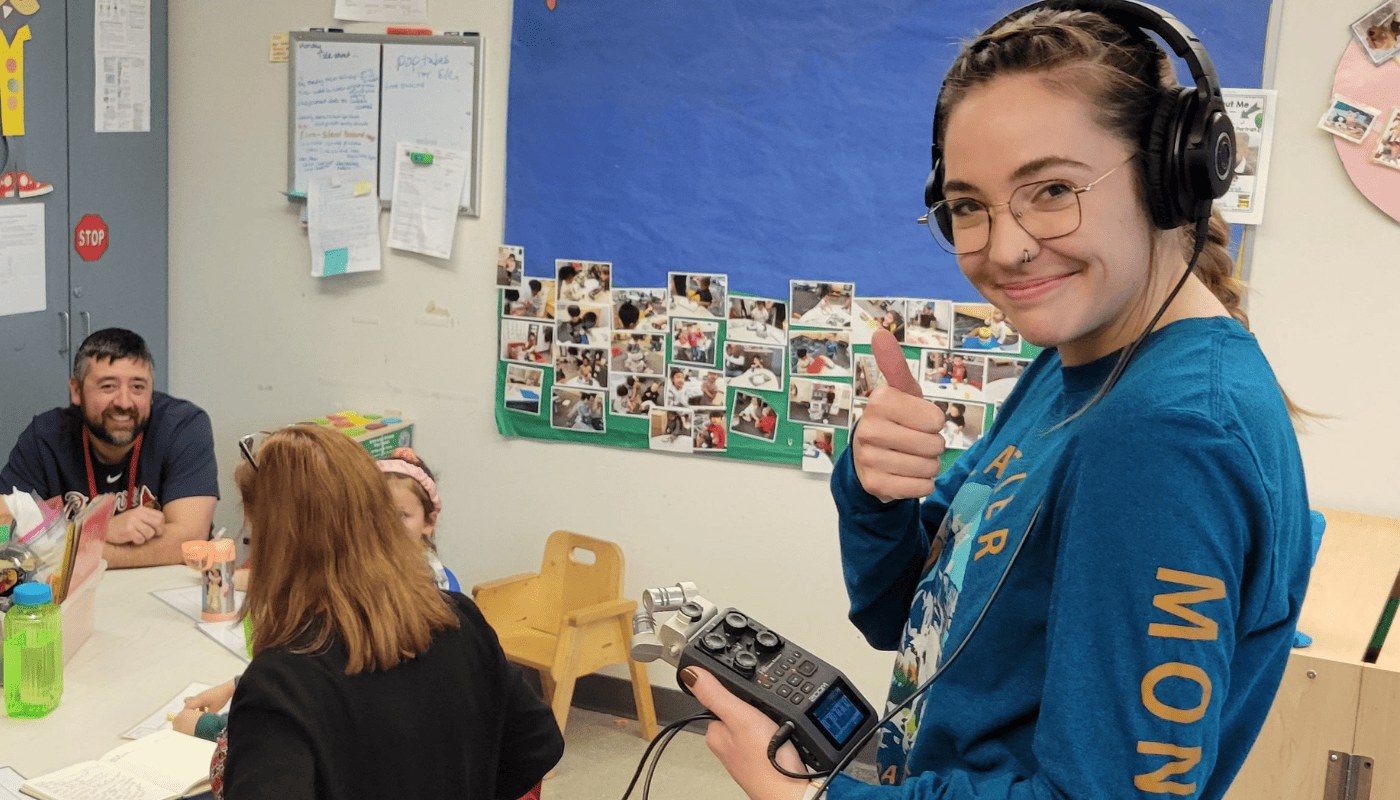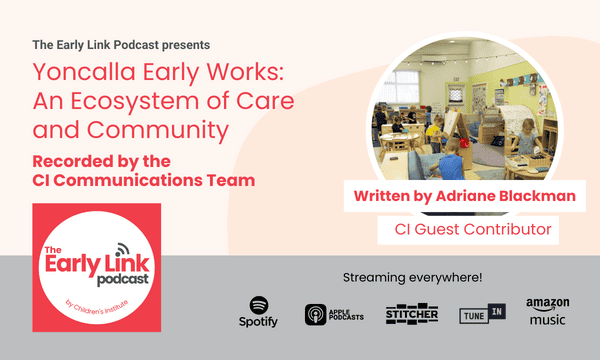
An Ecosystem of Care and Community with Adriane Blackman
Summary
In this episode of the Early Link Podcast, the Children’s Institute communications team records a longform story by CI Guest Contributor, Adriane Blackman. Blackman’s story, “An Ecosystem of Care and Community,” delves into the transformation of early childhood education in Yoncalla, Oregon, documenting the impact of CI’s Early Works initiative in partnership with incredible folks from across the community.
Through collaborative efforts and a commitment to responsive teaching, integrated health care access, and enhanced family engagement, the town of Yoncalla has created a holistic approach to education that prioritizes social-emotional learning and people-powered resilience. Supported by leaders including Brian Barry and CI’s own Erin Helgren, the gradual evolution of educational practices and environments has led to improved academic performance, fewer developmental disruptions, and a culture of empowerment among students and staff alike. As the community embraces its strengths and values, Yoncalla is planting seeds for a brighter future, cultivating an ecosystem of care and community to support the success of its children and future generations.
More about The Early Link Podcast
The Early Link Podcast highlights national, regional, and local voices working in early childhood education and the nonprofit sector. The podcast is written, hosted, and produced by Rafael Otto, Children’s Institute’s director of communications.
Listen to more episodes of the Early Link Podcast here or stream on Spotify, Stitcher, Amazon Music, TuneIn, and Apple Podcasts.

